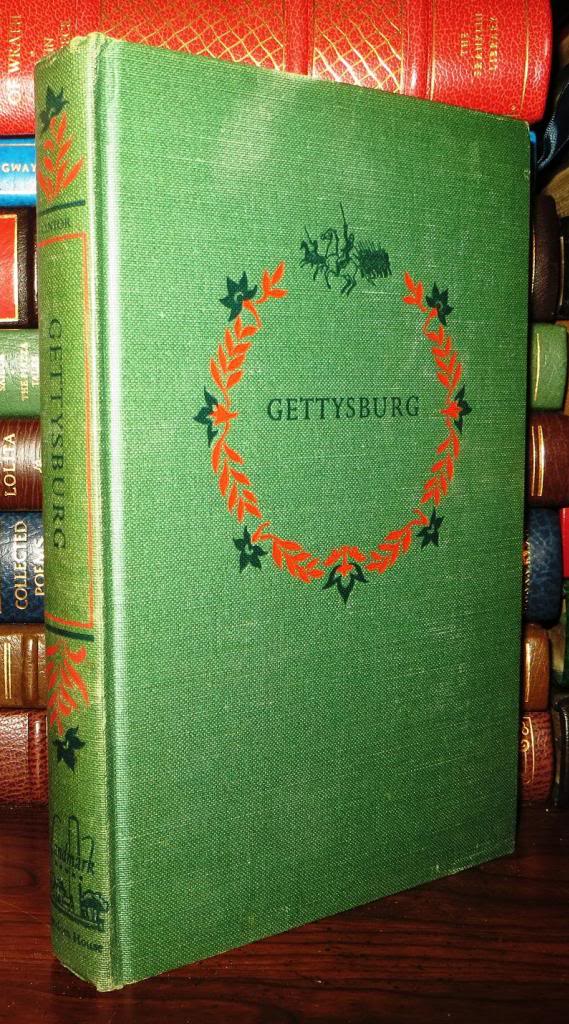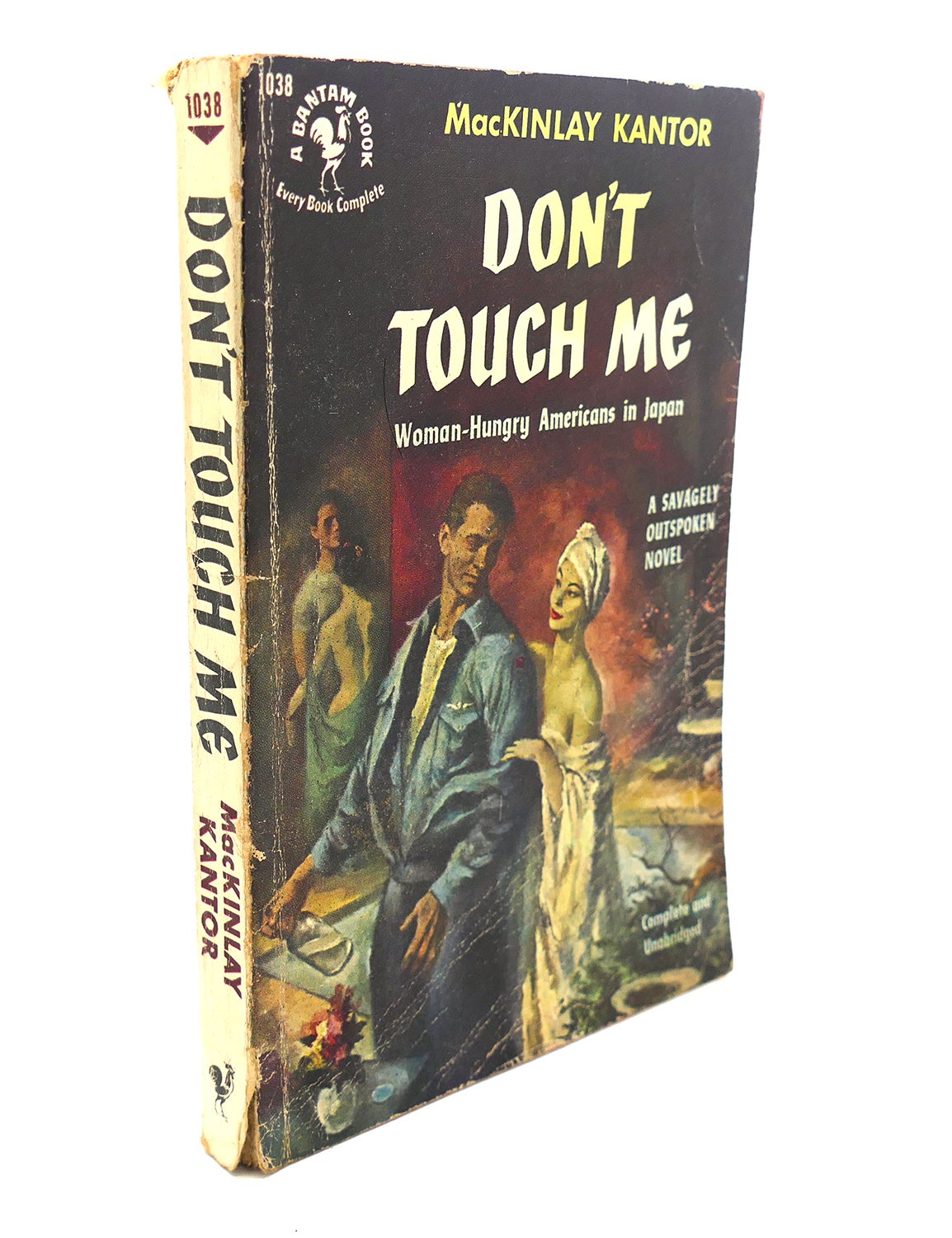

Kantor was born in Webster City, Iowa, in 1904. He wrote more than 30 novels, several set during the American Civil War, and was awarded the Pulitzer Prize for Fiction in 1956 for his 1955 novel Andersonville After flying on several bombing missions, he asked for and received training to operate the bomber' Benjamin McKinlay Kantor, was an American journalist, novelist and screenwriter. During World War II, Kantor reported from London as a war correspondent for a Los Angeles newspaper. Kantor's first novel was published when he was 24. Kantor started writing seriously as a teen-ager when he worked as a reporter with his mother at the local newspaper in Webster City. His mother, a journalist, encouraged Kantor to develop his writing style. He wrote more than 30 novels, several set during the American Civil War, and was awarded the Pulitzer Prize for Fiction in 1956 for his 1955 novel Andersonville Kantor was born in Webster City, Iowa, in 1904. It all begins on that fateful afternoon of Tuesday, May 12, 1863, when a deplorable equestrian accident claims the life of General Ulysses S.Benjamin McKinlay Kantor, was an American journalist, novelist and screenwriter. Now, this much requested classic is once again available for a new generation of readers, and features a stunning cover by acclaimed Civil War artist Don Troiani, a new introduction by award winning alternate history author Harry Turtledove, and fifteen superb illustrations by the incomparable Dan Nance. Published in book form soon after, Kantor’s masterpiece has been unavailable for a decade. It immediately inspired a deluge of letters and telegrams from astonished readers, and became an American Classic overnight. What would have happened to the Union, to Abraham Lincoln, to the people of the North and South, to the world? If the South Had Won the Civil War originally appeared in Look magazine nearly half a century ago.

MacKinlay Kantor, Pulitzer Price winning author and master storyteller, shows us how the South could have won the Civil War: how two small shifts in history as we know it in the summer of 1863 could have turned the tide for the Confederacy. Everything could have been so different so easily.


 0 kommentar(er)
0 kommentar(er)
